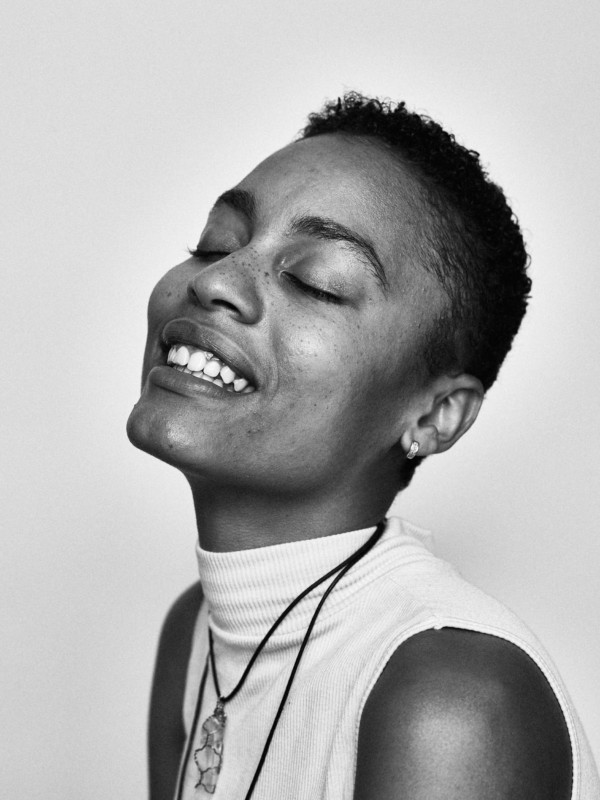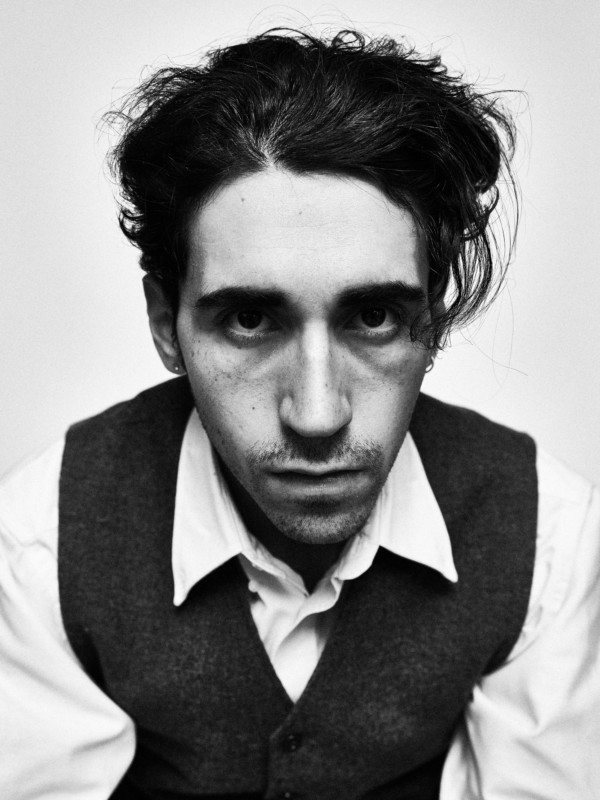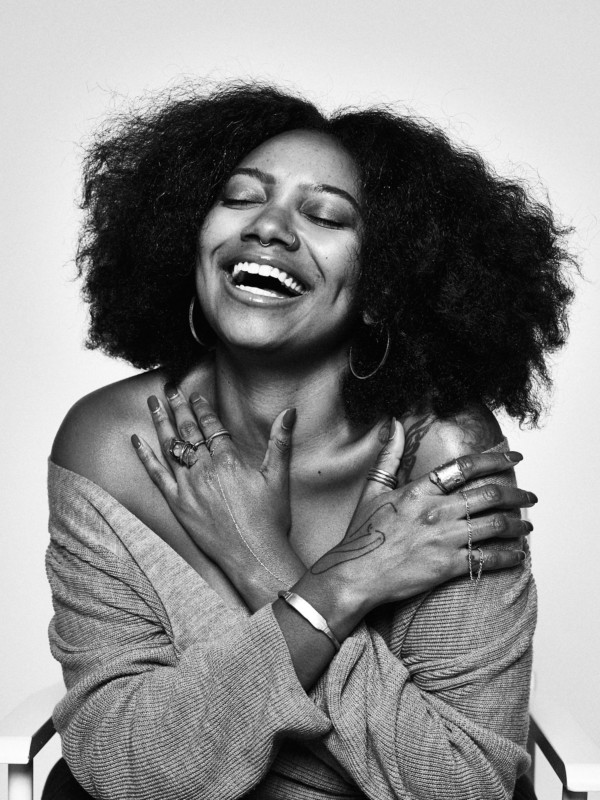What it Takes to Not Fail at Photography
![]()
When I was young, I had a vivid imagination but no real inclination towards art and creativity. I distinctly remember having trouble keeping my crayons within the lines of any coloring book I attempted. Fast forward to today and I’m 35 and have been a full-time professional photographer for seven years and a shooter for 13 years.
After all these years, I finally understand what it takes to not fail at photography – or anything you set your heart on, for that matter. I’m inspired to share these lessons because of all the students I’ve taught on Skillshare and the many Instagram followers that have reached out with questions. These questions tended to focus on settings, gear, and other tactical considerations. In other words, they were focused on finding the shortcuts rather than enjoying the journey. Maybe I’m old school, but I’m a firm believer that there’s no substitute for time and experience. There is no bigger driver of growth than curiosity.
While my insights are not the definitive, ultimate guarantee of success in photography, I can tell you that my own acceptance of them put me on a path towards personal and professional success. And the process of learning and growth never ends, so if there are any tips or lessons that have helped you along the way, please be sure to share it with me and other readers in the comments.

Knowing your destination helps you set expectations. When I started taking pictures in college it was just for fun. I’m old enough to remember when Facebook started opening up to more and more schools. I would take photos of friends or set up self-portraits and post them to my Facebook albums with zero expectations. However, the minute I realized my first career on Wall Street wasn’t going to be my life for the next 10-20 years was the minute my destination in photography changed.
Deciding I wanted to be a professional photographer motivated me to dream bigger and do more with photography. I started shooting every weekend and even graduated to blogging and eventually growing a social media following. Posting my images on social media is incredibly helpful to me. It keeps me accountable and it’s an incredible marker of time and progress. It also provides me with direct feedback from the people observing my work. (One word of caution, however: Don’t fall into the trap of creating for others or turn to likes for validation.)
I think the real lesson here is that knowing your end destination helps you chart a path. You need to know your destination if you plan on getting anywhere. That destination doesn’t need to be going freelance or starting a professional photo business, it can be to simply get better at your hobby.

Curiosity is an artist’s best friend. Almost everyone goes through an emulation phase at the beginning of learning a new craft. You see a photo, get inspired, and then desperately seek to recreate your own version. Let curiosity be your growth engine and chase down an answer to every question that comes up as you create. Do yourself a favor and don’t limit your inquiries. It’s just as important to have a strong foundation in technical skills as it is to be acquainted with the greats that came before you. I shoot fashion and portraiture, for example, but spent a great deal of time admiring, reviewing, and watching anything I could on Henri Cartier-Bresson. Endeavor to learn more about anything that piques your interest.
Quit being impatient with yourself. This is one of the hardest habits to break. I’ve taught over 80,000 students on Skillshare, and counseled several students one-on-one. Needless to say, I’ve been asked a lot of the same types of questions over and over again and what I’ve picked up on is an urge to skip the learning and experience stage completely.
You can’t rush your way towards the end result. You can learn the techniques, but what separates decent photographers from the great ones is an ingredient that you can’t buy, borrow, or trade: Experience. I’ll skip the metaphors and analogies about fine wine taking time to age, and instead leave you with this: Be patient with yourself and get comfortable with the fact that the time you spend practicing is where greatness starts to rear its head. That time frame can stretch years, and that’s perfectly okay.

Money can’t buy success. I’m talking about the well-known concept of gear acquisition syndrome (G.A.S.) here. Aspiring photographers always want to know what’s in my kit – and it’s an appropriate question for many reasons. What’s dangerous, however, is thinking that if you purchase or rent another photographer’s gear, you’ll achieve the same results. Equally dangerous is thinking that better, higher-quality equipment can solve all of your creative weaknesses.
I love that new gear smell just like everyone else. One of the cameras in my kit is a Phase One IQ350; which costs about as much as an entry-level car. However, I use a Canon 5D Mark IV for 70-80% of my work. I didn’t buy an expensive camera to make myself better. Quite the opposite: I had to get good enough to afford it in the first place. When I purchase gear these days, it’s if and only if that gear will make a substantial difference in my ability to create and capture an image in my style. It’s not about making me better, it’s about better supporting my process.
It’s natural to want to get better at something you’re passionate about. Whether you’ve taken up photography as a hobby or a profession, it’s a good idea to remind yourself why you started. I started taking pictures because I was desperate for a creative outlet and wanted a way to reflect the beauty and life I was observing without having to use words. Knowing that, and reflecting on it even this deep into my career, helps me to not become complacent. To this day, I run into challenges with expressing myself through my medium and it reminds me to keep learning so that the impact of my message isn’t lost. And even more importantly, I get so caught up in work and progressing my career that it is easy to go months without doing something truly creative or personal with my camera. Having that “why” in my head helps recenter my passion and keeps me connected to what’s important about photography for me.
Knowing your destination informs the motivation and helps set goalposts along the way. Owning your curiosity and chasing down answers whenever you hit a roadblock allows you to enjoy embracing a student mentality. Practicing patience with yourself and not relying on copious amounts of gear allows you to slow down, appreciate the journey, and build invaluable experience. While I can’t guarantee success if you take these lessons to heart, I can guarantee that you won’t fail.
About the author: Justin Bridges is a fashion and portrait photographer based in New York City. Originally from Atlanta, Georgia, Justin began his pursuit of photography as a college student studying finance and economics. While he opted for an early career as a finance professional at Goldman Sachs, he realized the need to align his career with his love of photography. Today, he balances his photography career with a passion for personal finance, and teaches classes on both subjects on Skillshare.